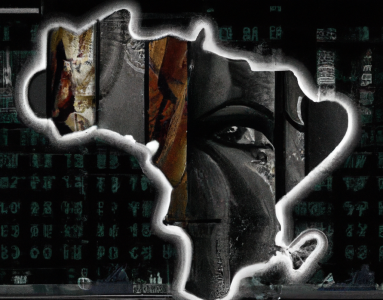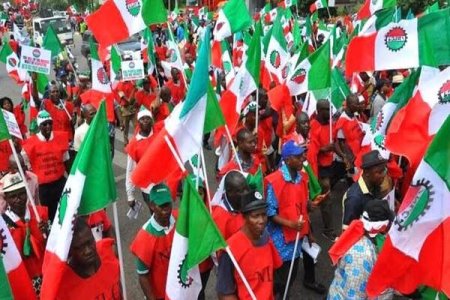
Nigeria's recent rise in the 2023 Global Organised Crime Index, now at the forefront of Africa alongside the Democratic Republic of Congo, is not just a mere statistic. It reflects a narrative increasingly depicted in popular culture, particularly in Nollywood - Nigeria's booming film industry.
Amazon Prime's "Gangs of Lagos" and Netflix's "The Black Book" are just two examples of films that deeply explore the intricate web of organised crime and its ties to politics in Nigeria. Although these cinematic portrayals are fictional, they mirror the real-life challenges that the country faces, which makes Nigeria's progress on the crime index less surprising to those familiar with the country's cinematic narratives.
Furthermore, the international spotlight on Nigeria's organised crime has intensified. Renowned media houses, such as the BBC and France 24, have recently produced documentaries that delved into Nigerian crime syndicates' underbelly. These documentaries offer chilling insights into these groups' global reach and influence.
For businesses and individuals in Nigeria, this convergence of art and reality is a stark reminder of their daily challenges. The increasing presence of mafia-style groups, state-embedded actors, and private-sector criminals can disrupt trade, escalate operational costs, and threaten employees. Nigeria's score of 8.50 in the criminal network category suggests a pervasive influence of organised crime networks capable of undermining even the most robust business operations.
Nigeria's position on the Global Organised Crime Index serves as a statistical warning and a reflection of its societal challenges, which are increasingly depicted in film and documented by international media. As Nigeria grapples with these multifaceted issues, individuals and businesses must recognise the inherent risks and adopt necessary protective measures.


![[VIDEO] Heart-Wrenching Scene: Elderly Man Breaks Down in Tears Over Skyrocketing Fuel Prices in Nigeria](/data/attachments/203/203552-d9d429f8fbfa8a8c2ed1532232aa2c58.jpg)

